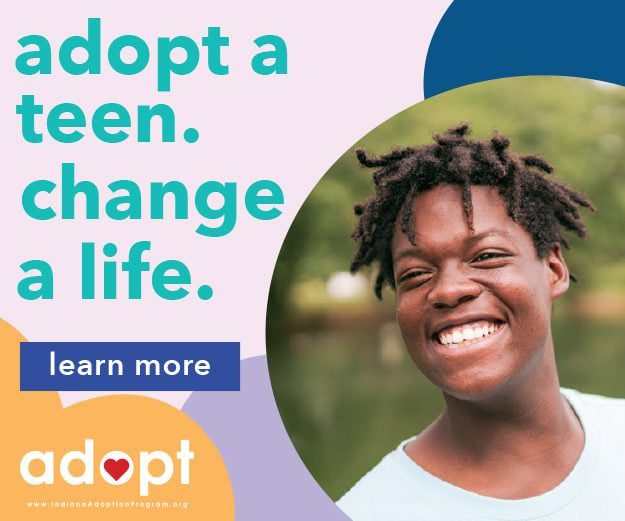A count of the homeless population in Indianapolis in January showed a slight decline in homelessness since last year, but the proportion of African Americans in the homeless population went up.
There were 1,567 people experiencing homelessness in Indianapolis when the Coalition for Homelessness Intervention and Prevention (CHIP) and volunteers conducted the annual Point-in-Time Count on Jan. 30, the lowest number since at least 2013. Last year there were 1,682 people experiencing homelessness. But the proportion of African Americans was up from 56% last year to 61% this year.
Chelsea Haring-Cozzi, executive director of CHIP, said at a press conference May 23 at Horizon House part of the reason African Americans are overrepresented in the homeless population is because of evictions.
“That is something that’s alarming and something we need to start paying attention to,” she said.
Haring-Cozzi said CHIP has started working with the Indiana University Public Policy Institute to do research on evictions in Marion County, adding there is “definitely a racial component to that.” She said they’re also looking at the link between homelessness and involvement with the criminal justice system, since African Americans make up a disproportionate number of people in jails and prisons and it’s often difficult for ex-offenders to find affordable housing because of rental policy restrictions for people with a criminal record. It can also be difficult to find a well-paying job.
Vop Osili, president of the Indianapolis City-County Council, said the council has been supportive of homelessness intervention and prevention and will continue in that direction under his leadership.
“We want to make sure our homeless neighbors are housed, wrapped around the surface and have long-term sustainability,” he said. “The things we can do are be supportive and hopefully provide funding that can move the initiatives forward.”
Osili highlighted an ordinance the council approved in February to decrease the amount of time people can park for free downtown and in Broad Ripple. Part of what the city is using those additional funds for is paying panhandlers to clean sidewalks.
Not every councilor has been friendly toward the city’s homeless. Councilman Michael McQuillen introduced a “no sit, no lie” proposal last year that would have prohibited anyone from sitting or lying in the Mile Square from 6 a.m. to midnight. McQuillen withdrew the proposal when it became obvious it wouldn’t pass, and Osili said he’s not worried about similar proposals coming back up.
Haring-Cozzi — along with Mayor Joe Hogsett, Horizon House Executive Director Teresa Wessel — emphasized the one-night count is a snapshot of homelessness in the city. Jan. 30 also happened to be one of the coldest nights of the year, which means some statistics — how many homeless were unsheltered, for example — may not be representative. Since the count includes people in transitional housing and emergency shelters, there isn’t reason to believe the total count isn’t accurate.
The biggest statistical decrease from 2018 to 2019 was the number of people experiencing chronic homelessness, a 39% decrease. Chronic homelessness includes those who have at least one disabling condition (substance abuse disorder, for example) and have been homeless consecutively for at least a year, or those who have been homeless at least four times in the past three years.
“It is true most of the numbers in this year’s Point-in-Time Count are headed in the right direction,” Hogsett said. “… To me, this reaffirms that the approach we’ve taken with our partners throughout the city, a housing-first approach, is the right approach.”
Part of that approach is the Housing to Recovery Fund, launched by the mayor’s office and Central Indiana Community Foundation (CICF) in January. CICF has committed to raising $2 million this year and $2 million next year for services to help sustain permanent housing. Getting someone into permanent housing is one challenge, but having the resources to stay there is different.
The U.S. Department of Housing and Urban Development (HUD) mandates a count of people experiencing homelessness in order to receive funding. HUD awarded nearly $137,000 this year to CHIP’s Coordinated Entry System, which coordinates shelter and permanent housing in the city.
Contact staff writer Tyler Fenwick at 317-762-7853. Follow him on Twitter @Ty_Fenwick. Jaclyn Ferguson is an intern for the Recorder.
Vop Osili, president of the Indianapolis City-County Council, spoke at a press conference May 23 at Horizon House about the 2019 Point-in-Time Count of people experiencing homelessness in Indianapolis. He was flanked by Mayor Joe Hogsett and Chelsea Haring-Cozzi, executive director of the Coalition for Homelessness Intervention and Prevention. (Photo/Tyler Fenwick)






